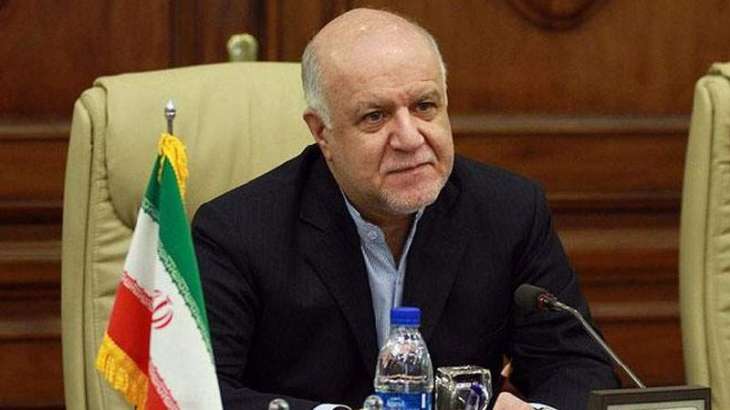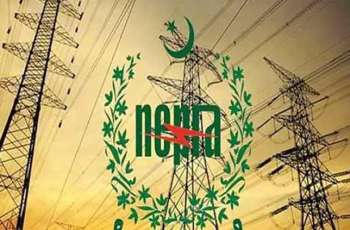Iranian Oil Minister Bijan Zanganeh will take part in the meeting of the OPEC-non-OPEC Joint Ministerial Monitoring Committee (JMMC) in Algeria scheduled for September 23, media reported on Wednesday, citing a spokesperson for the Oil Ministry.
MOSCOW (Pakistan Point News / Sputnik - 15th August, 2018) Iranian Oil Minister Bijan Zanganeh will take part in the meeting of the OPEC-non-OPEC Joint Ministerial Monitoring Committee (JMMC) in Algeria scheduled for September 23, media reported on Wednesday, citing a spokesperson for the Oil Ministry.
According to Platts media outlet, the spokesperson refused to provide any further details.
The meeting of the committee, chaired by Russia and Saudi Arabia and of which Iran was not a member, will take place almost a month before the full reinstatement of US sanctions against Tehran in November. The actions of the US authorities can limit the export of Iranian oil by 1 million barrels per day.
The meeting will perhaps be an opportunity for Tehran to defend its share in the oil market and to, as Iran claims, protest the redistribution by some participants of the Vienna deal, the publication said.
In late June, the 25 OPEC and non-OPEC states agreed to decrease the overall conformity level with oil production cuts down to 100 percent, which corresponded to an increase in production by a combined 1 million barrels per day starting July. The decision was taken as some OPEC states involuntarily over-performed obligations due to conflicts in their countries, such as Libya and Venezuela. However, the agreement did not specify how the collective 100-percent conformity could be reached if some producers were unable to increase output and their production quotas were not transferable to other producers.
OPEC and several non-OPEC oil producers, including Russia, reached a deal in Vienna in 2016, agreeing to cut oil output by a total of 1.8 million barrels per day in an effort to stabilize global oil prices. Non-OPEC states pledged to jointly reduce oil output by 558,000 barrels per day. The agreement, which came into effect in 2017, has been extended twice since then and is expected to remain in force until the end of 2018.




